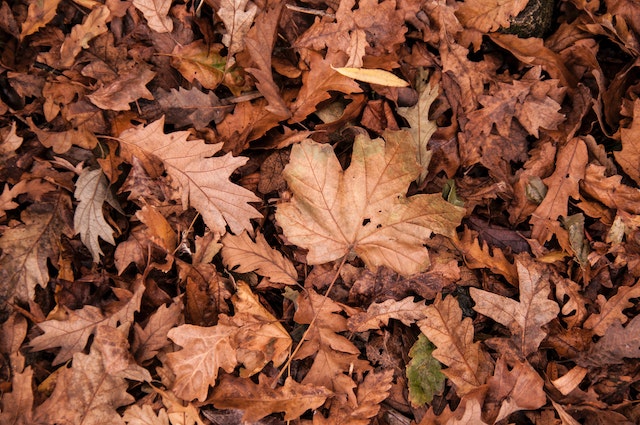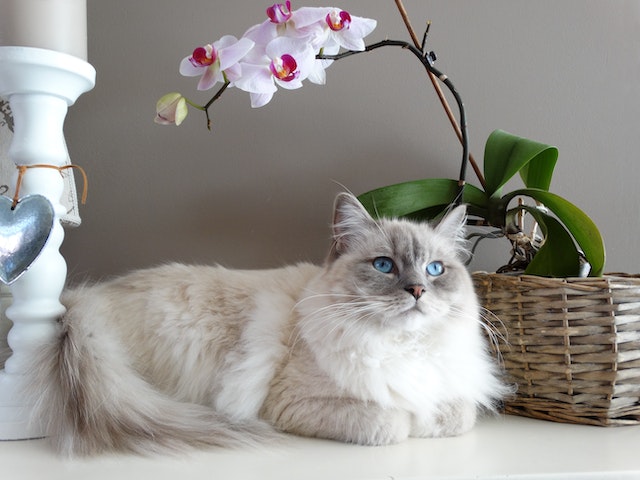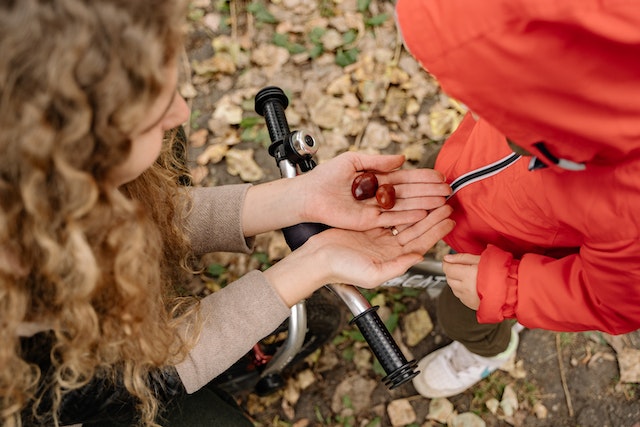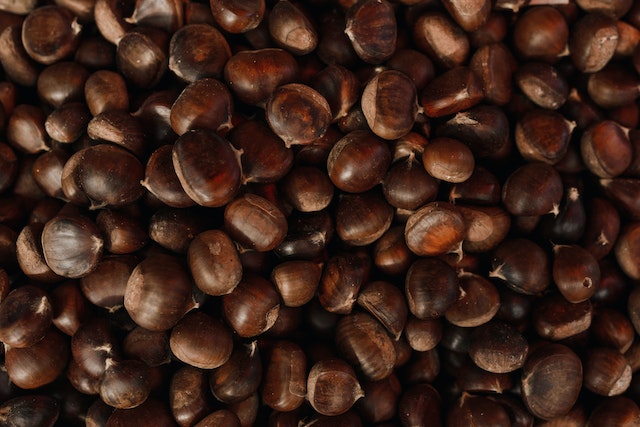Written by: Olivera Tolimir
If you’ve already started learning Serbian language, you’ve encountered the noun dete. As you know, it means child. It’s in the singular and in the neuter gender.
Anyone learning Serbian language should remember there are three possible noun genders: masculine, feminine, and neuter. The gender of a noun depends on its ending. Since the noun dete ends in -e, it belongs to the neuter gender. There’s nothing special about this noun. It’s completely regular.

Complicated Children
What if you have more than one child? What word to use? Deta? No. Deteta? No, but it’s the form of the genitive singular, though. To say children, we use the word deca, which is a bit specific.
It looks like this word shares its stubbornness and individuality with those it signifies. Don’t forget we’re talking about children here.
This noun marks children, so logically, it has to be in the plural. Well, by learning Serbian language, you’ll realize it doesn’t.
So, the grammatical properties of the noun deca are:
- singular and
- the feminine gender.
But why is that?
Children, Leaves & Orchids
The noun deca is a collective noun. Collective nouns are a type of nouns that denote a group of things taken as a whole. Remember this explanation since you’ll find it handy while learning Serbian language.
We use collective nouns often. For example, your neighbor might say, Moram da skupim lišće! It means I have to collect leaves.

In the previous example, lišće is a collective noun corresponding to a singular form list (leaf). Interestingly, there’s also a regular plural of this noun. It’s listovi. And it also means leaves, but there’s a crucial difference.
We use the collective noun lišće when mentioning a bunch of leaves. We’re not thinking about those leaves like individual parts of a tree. We’re talking about a collection of things that needs to be removed from the sidewalk. And we don’t care how many leaves are there.
For this reason, we consider collective nouns uncountable. So, we never use them with specific numbers. It means it’s incorrect to say 3 lišća.
We can only use the regular plural with specific numbers. See it in the example:
- Osušilo se pet listova na mojoj orhideji. (The five leaves on my orchid have dried up.)
Can you see the difference?
Now we’re not talking about a collection of some random leaves. We’re talking about a few particular leaves on a particular flower.

Learn Serbian Collective Nouns
Learning Serbian language, you’ll encounter some more collective nouns. To help you with this, here’s a little table.
A noun in the singular : Its regular plural : The collective noun.
cvet : cvetovi : cveće (flower : flowers)
grana : grane : granje (branch : branches)
pile : pilići : pilad (chicken : chickens)
žbun : žbunovi : žbunje (bush : bushes)
kesten : kestenovi : kestenje (chestnut : chestnuts)


As you can see, in the English version, there’s one form for Serbian regular plural and a collective noun.
But one similar occurrence in English might help you learn Serbian rules about collective nouns.
Have you ever thought about the noun police in English?
It represents a collection of people working as police officers. So, we can’t use a specific number when talking about it. We can only use a number when mentioning particular police officers.
Learning Serbian Language and its Exceptions
Now, we promise we’re not trying to make learning Serbian language even more complicated. But we have to go back to the noun deca.
It’s a collective noun but different than other collective nouns.
The noun dete (the singular) doesn’t have a regular plural. There’s only the word deca to denote more than one child. But people want to be able to say how many children they have, right?
So, we use distinct kind of numbers to say it. Those numbers are called collective numbers.
We say dvoje dece (two children), troje dece (three children), četvoro dece (four children), petoro dece (five children), šestoro dece (six children), sedmoro dece (seven children)…
To learn Serbian language from scratch, check out our beginner group courses or individual classes!



